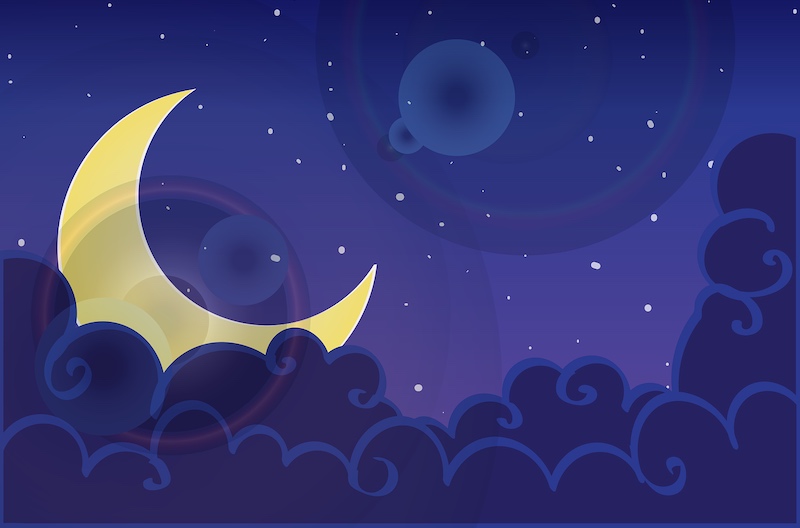Put Your Bladder to Bed
Do you get up several times nightly to use the restroom? If so, you may have a bladder condition common to many women after having children or as they age: nocturia. This strange medical term can be simply defined as “sleep disturbing urination”, with two or more episodes per night. If you get up four or more times a night, it’s considered is severe. It affects the quality of sleep and therefore, the quality of life. It also promotes falls in older adults and in those who have problems walking.
Good To Know
Nocturia is one of the many symptoms of an overactive bladder (OAB). In women who have overactive bladder, two-thirds nocturia is the worst part of the problem. This condition occurs more frequently with age. While we all continue to make urine at night, but women with OAB make more urine at night. The increased urine volume leads to more urges to use the bathroom, also called nocturnal polyuria. Certain medical conditions can make nocturia more common, including heart failure, swollen legs, and some medications, such as diuretics or “water pills”.
What To Do
In my work with women who experience overactive bladder, I recommend keeping a “voiding diary”, noting frequency and volume of urine. This helps to correctly evaluate and diagnose nocturia.
Diet and lifestyle modifications are first steps to getting a good night’s rest. Suggested measures may include:
- Restricting fluid intake in the evening
- Taking medicines like diuretics early in the morning
- Elevate legs in late afternoon to reduce swelling in your legs
- Early evening exercise
- Bladder training, with timed voiding to increase voiding intervals, which lead to increased bladder capacity.
- Pelvic floor muscle re-training and strengthening to decrease overall OAB.
Medications that are used to help with OAB seem to be less effective for nocturia. In-office procedures that use bladder botox injections or neuromodulation therapy may be helpful if lifestyle changes are not enough.
A simple 4-question survey may be helpful to evaluate your personal situation.
- How many times a night am I getting up to urinate?
- Do I think I am awakening because of my bladder?
- Does it bother me a lot?
- Do I want to get help with treatment?
If so, contact us at the Oakdale ObGyn Center for Pelvic and Urinary Health to talk with our bladder specialists about your concerns. Call 763-587-7000 to request an appointment.

